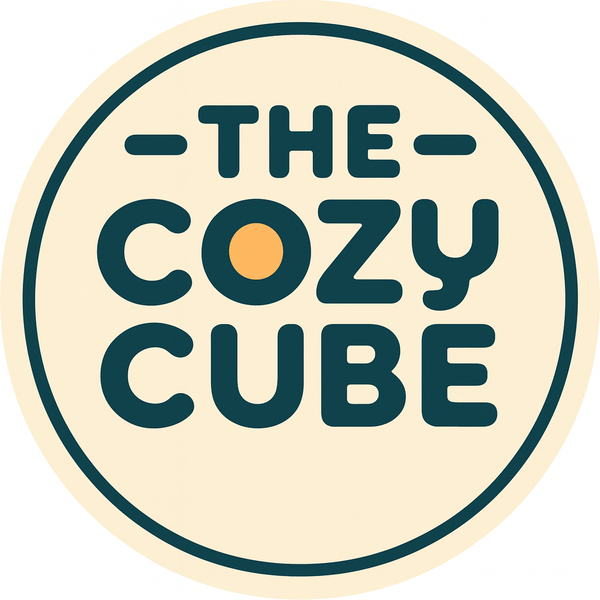Why Imaginative Play Matters for Early Development
Share
Imaginative play isn’t just fun — it’s one of the most powerful tools we can offer our kids during early childhood. It lays the foundation for critical thinking, empathy and lifelong learning.
Here’s why pretend play deserves a regular spot in your child’s day:
-
Boosts creativity and problem-solving – When children engage in make-believe, they’re creating their own stories and navigating scenarios. They experiment, adapt and problem-solve through play, which supports flexible thinking.
-
Builds language and communication skills – Role-playing encourages children to use new vocabulary, speak in full sentences and respond to different social cues. Whether they’re a shopkeeper or a vet, they’re constantly building on their communication skills.
-
Supports emotional regulation – Pretend play allows children to process feelings, act out real-life events and explore emotions in a safe and controlled way. It’s especially useful for helping children understand and cope with changes or challenges.
-
Encourages independence – Open-ended play nurtures decision-making, planning and the ability to entertain themselves — which is a win for both parents and kids.
At The Cozy Cube, we’re passionate about making imaginative play accessible and engaging. Our panels are a springboard into worlds where kids lead the play — and that’s where the best learning happens.
